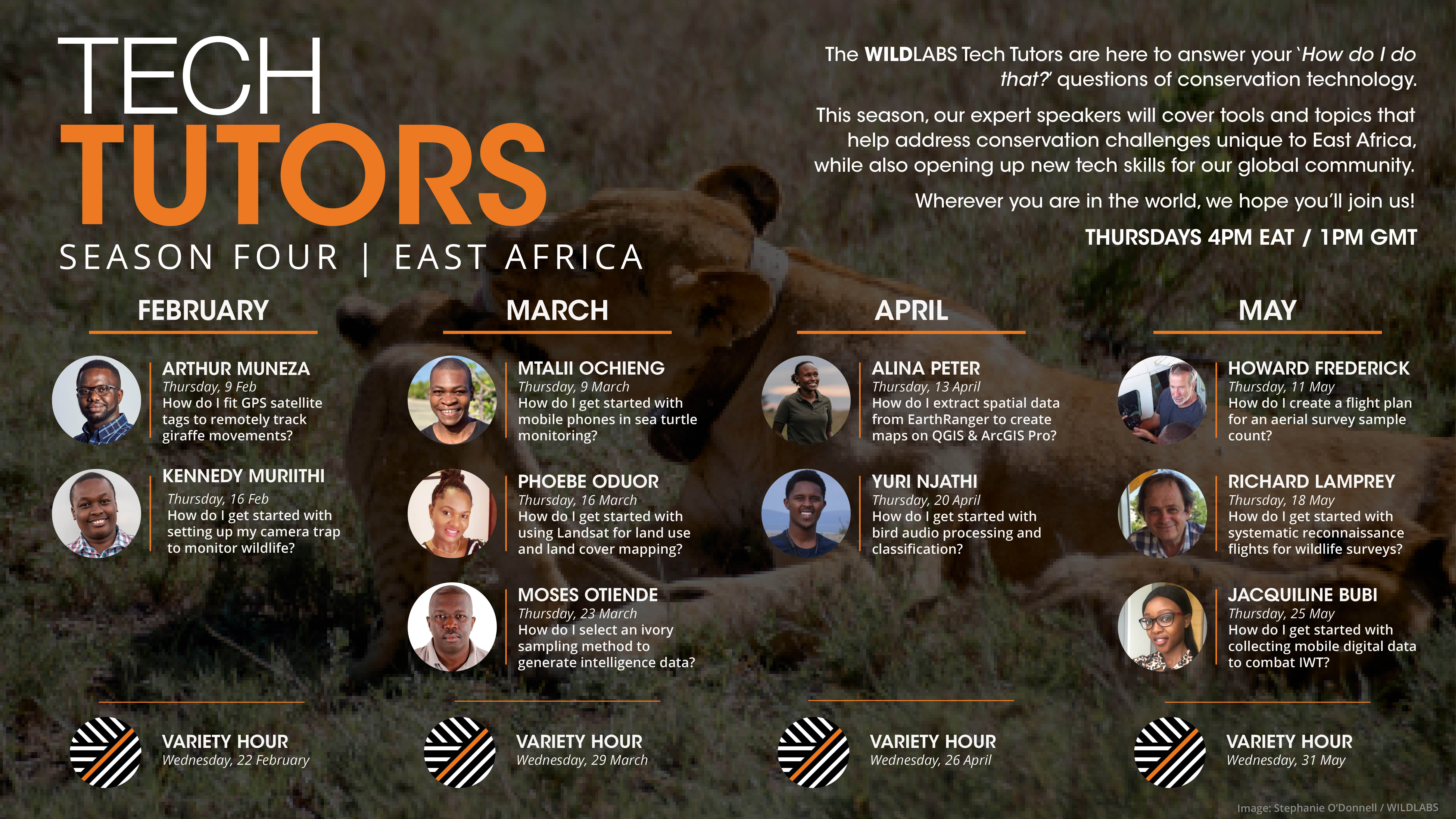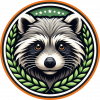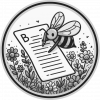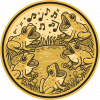About this Episode
The WILDLABS Tech Tutors are here to answer the "how do I do that?" questions of conservation technology! These tutorials will provide practical skills and steps that will become the building blocks you need to push your conservation tech work and research forward. This season, the focus will be to answer the questions emerging from our growing East Africa regional community, while also opening up new tech skills for our global community.
On Thursday, 20th April at 4 PM EAT / 2PM BST, Yuri Njathi, a researcher at the Centre for Data Science and Artificial Intelligence (DSAIL), Kenya answered the question ' How do I get started with Bird audio processing and classification?'. This tutorial covered why understanding birds in the ecosystem is important and the application of audio analysis in this. Yuri highlighted the basics of audio analysis and bird call classification, how to read a spectogram, and introduced the use of Audacity and Python in managing bird audio data.
Meet your Tutor: Yuri Njathi
Yuri Njathi is a researcher at Centre for Data Science and Artificial Intelligence (DSAIL) in Dedan Kimathi University of Technology at Nyeri, Kenya. His work is focused on the use of AI in conservation particularly with Camera Trap data and health data, and has had research and work experience in bioacoustics. His interest in AI for conservation started in 2019 during his undergraduate when interning in a Geothermal Rig (Clean Energy) in Hells Gate National Park. He later joined Prof. Ciira Wa Maina, the Director at DSAIL and Principal Investigator at the Kenya Bioacoustics Project, as a researcher. Yuri's work as a researcher at DSAIL has been guided by Prof. Ciira.
We asked Yuri....
What will I learn in this episode?
This tutorial will cover 'Bioacoustics as an Indicator: Bird Audio Processing and Bird Call Classification' and will highlight why understanding birds in the ecosystem is important and the application of audio analysis in this. Some of the key areas that will be covered in the tutorial include:
- The basics of audio analysis and bird call classification.
- How to read a spectrogram
How can I learn more about the use of Bird Audio Processing and Bird Call Classification?
A few other resources you can access include:
If you are looking to connect with a bioacoustics community, to share yiur work or ask any questions you have, the WILDLABS Acoustic monitoring and Data Management and Processing tools groups are great spaces. Here are some of the past tutorials and resources:
- Article by Sebastian: Do you want automated identification models made from your bird bioacoustics data?
- Article by Gabriel Kiarie from DSAIL: Deploying 'Ears' in Ecosystems: Using Bioacoustics to Monitor Bird Species
- Tutorial by Jamie: How do I analyze large acoustic datasets using PAMGuard?
- Tutorial by Carlos: How do I perform automated recordings of bird assemblages?
- WILDLABS Virtual meetup: Acoustic monitoring
If I need to take the next step with Bird Acoustics, what is the first thing I should consider?
Data: collect primary and secondary bird audio data using your phone etc and analyze it.
What advice do you have for a complete beginner in this subject?
Audio processing is humbling, understand the motivation behind why you’re processing the audio in the first place. After that depending on your inclination, take some time to understand audio related software, ecology or AI.
You can access the recording of the session here.
Learn more about upcoming Tutorials
If you were not able to join us for our prior sessions, you can catch up with our previous episodes in our YouTube channel. We hope that the topics and themes covered by our speakers will be useful in your research, work or discoveries!
To find out more about the entire season, kindly visit this page or contact Netty Cheruto @ [email protected]







Add the first post in this thread.